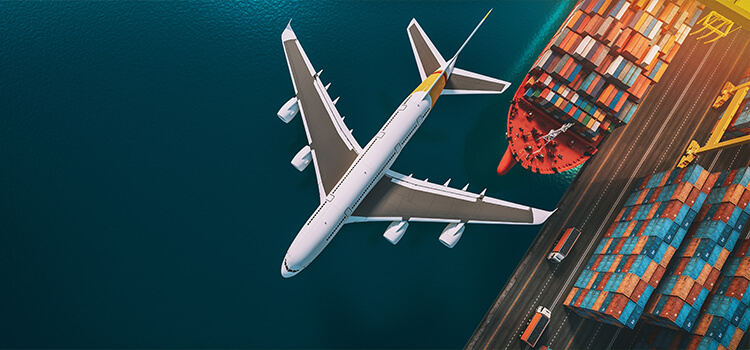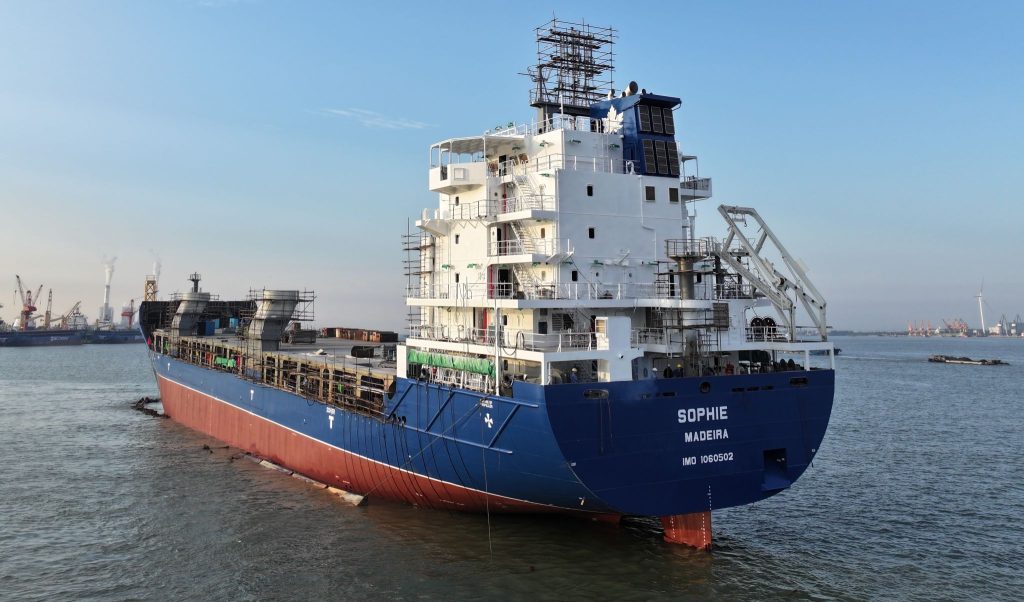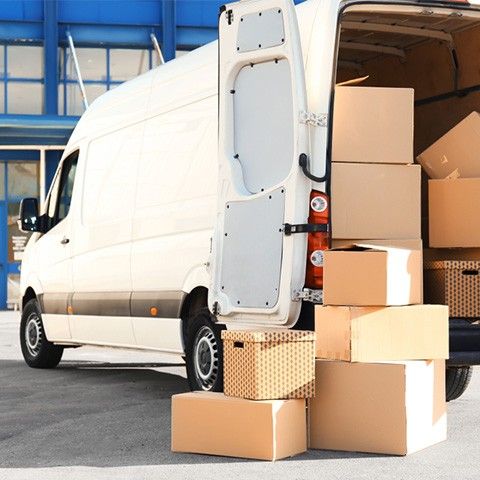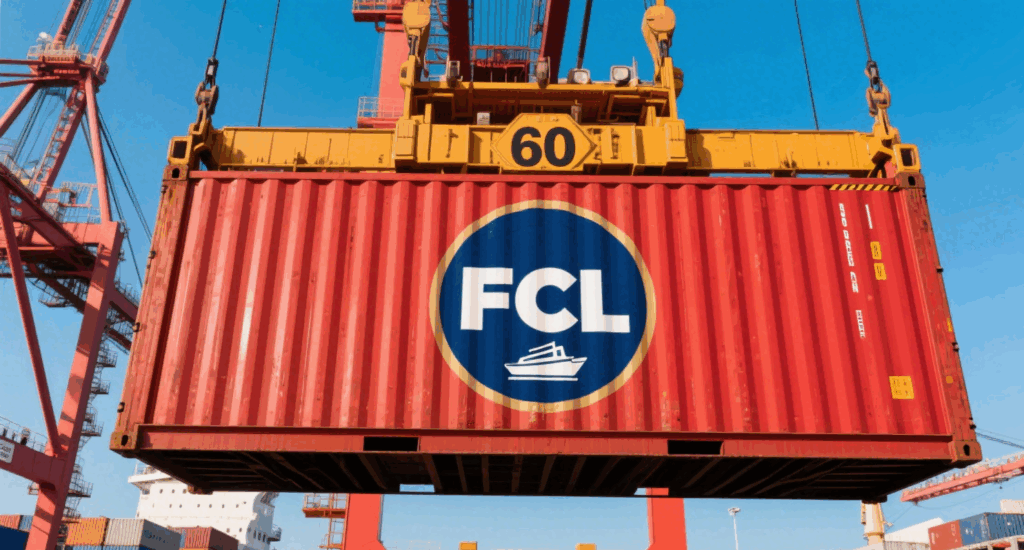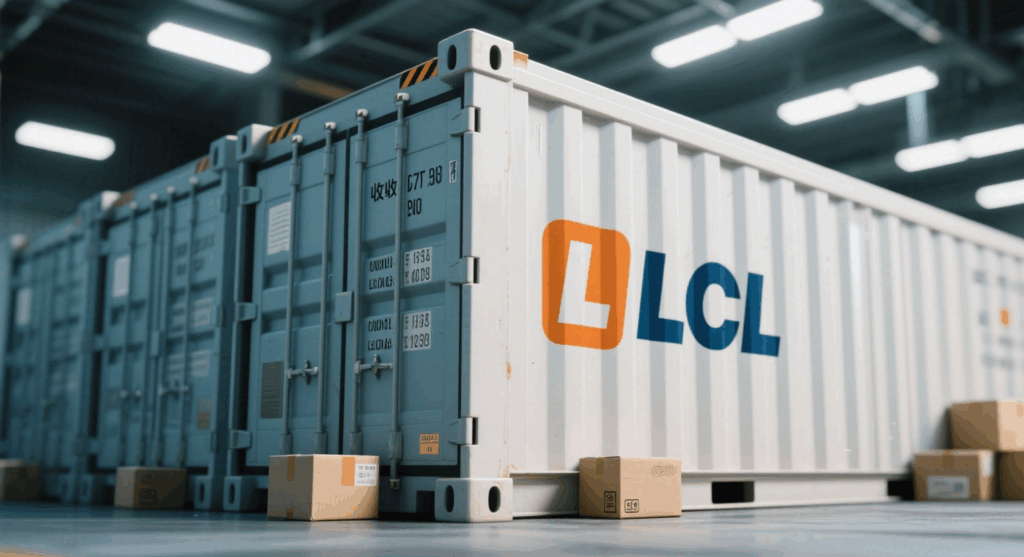Managing freight China to USA is one of the most critical challenges for importers. Costs, transit times, and customs procedures often fluctuate, leaving businesses uncertain about the best shipping strategy. However, with proper planning, accurate documentation, and reliable partners, companies can reduce expenses, improve delivery schedules, and streamline their global supply chain.
What Are the Main Freight Options from China to USA?
Shippers usually choose between four modes: air, sea, rail, and express courier. Each comes with specific advantages.
| Freight Method | Average Cost (per kg/CBM) | Transit Time | Pros | Cons |
|---|---|---|---|---|
| Air Freight | $6 – $12 per kg | 5–9 days | Fast, reliable, secure | Expensive, limited space |
| Sea Freight (FCL) | $1,800 – $2,500 per 20GP | 25–40 days | Cheapest for large volumes | Very slow, port congestion possible |
| Sea Freight (LCL) | $50 – $80 per CBM | 30–45 days | Flexible for small shipments | Longer handling, more risks |
| Rail Freight (via EU) | $2.5 – $4 per kg | 20–30 days | Moderate cost & time | Indirect, complex customs |
| Express Courier | $10 – $15 per kg | 3–5 days | Fastest, door-to-door | Highest cost for bulk cargo |
Therefore, selecting the right mode depends on urgency, cargo type, and budget.
How Much Does Freight from China to USA Cost in 2025?
Freight rates depend on container size, weight, and route.
| Container Size | Average Cost (Shanghai–Los Angeles) | Average Cost (Shenzhen–New York) | Notes |
|---|---|---|---|
| 20GP | $1,800 – $2,200 | $2,000 – $2,400 | Cheaper west coast than east coast |
| 40GP | $3,000 – $3,600 | $3,400 – $4,000 | More cost-efficient per unit volume |
| 40HQ | $3,200 – $3,800 | $3,600 – $4,200 | Ideal for high-volume consumer products |
Rates rise during holiday peaks and fall slightly during off-seasons.
Why Do Transit Times Vary So Much?
Transit time is influenced by several factors:
- Origin and destination ports (Shanghai–Los Angeles is faster than Guangzhou–Miami).
- Customs clearance delays in US ports.
- Seasonal congestion during Q4 holiday periods.
- Weather conditions affecting ocean or air schedules.
As a result, importers must add buffer time when planning shipments.
Case Studies: Real Examples of Freight from China to USA
Case 1: Ningbo to Los Angeles (Furniture Shipment)
- Cargo: 1 × 40HQ container, 28 tons of furniture.
- Mode: Sea freight FCL.
- Cost: $3,400.
- Transit Time: 28 days.
Case 2: Shenzhen to Chicago (Electronics)
- Cargo: 5 tons of consumer electronics.
- Mode: Air freight.
- Cost: $45,000 (at $9/kg).
- Transit Time: 6 days.
What Customs Documents Are Required?
Accurate documentation ensures faster clearance.
| Document Type | Purpose |
|---|---|
| Commercial Invoice | Declares value of goods |
| Packing List | Itemizes cargo details |
| Bill of Lading/AWB | Serves as the transport contract |
| Certificate of Origin | Confirms country of manufacture |
| Import License | Required for restricted goods |
| Insurance Certificate | Protects against damage or loss |
Failure to provide these documents often results in delays and penalties.

Should You Choose FCL or LCL for Sea Freight?
| Mode | Best For | Cost Efficiency | Risk Level | Handling Time |
|---|---|---|---|---|
| FCL | Large, heavy shipments | Very high | Lower | Faster |
| LCL | Small or medium-sized shipments | Medium | Higher | Slower |
Although FCL is often cheaper per unit, LCL allows flexibility for smaller importers.
Can Air Freight Replace Sea Freight for All Shipments?
Not entirely. Although air freight is faster, it is not cost-effective for bulky or low-value goods. On the other hand, it is indispensable for electronics, medical devices, or urgent retail goods.
Do Rail and Courier Services Offer Viable Alternatives?
Yes. Rail is a growing option via China–Europe–US connections, providing moderate speed and cost. Courier services remain the best for small, urgent packages despite their higher cost.
How Do Freight Costs Affect Supply Chain Planning?
Businesses must:
- Maintain buffer inventory to absorb delays.
- Diversify freight methods to reduce risks.
- Negotiate long-term contracts with carriers.
- Integrate digital tracking tools for real-time updates.
Consequently, better planning reduces both financial and operational risks.
What Future Trends Will Impact Freight China to USA?
- Digital booking platforms increasing transparency.
- Eco-friendly ships and aircraft lowering emissions.
- New trade agreements changing tariff structures.
- Automation in US ports improving efficiency.
Without a doubt, flexibility and adaptability will remain key success factors for importers.
Conclusion
The logistics of freight China to USA involve balancing cost, speed, and customs compliance. Although sea freight remains the most economical for bulk shipments, air freight, rail, and courier services each offer strategic advantages. In conclusion, businesses that diversify transport methods, prepare accurate documents, and work with reliable forwarders will secure the best shipping outcomes in an evolving global trade environment.
- Consult TJ China Freight Forwarding for the lowest quote. They will provide you with reliable, cost-effective service.
FAQs
Q1.How can I reduce freight costs from China to USA for bulk shipments?
Booking FCL containers, avoiding peak seasons, and working with experienced freight forwarders lowers costs significantly.
Q2.What’s the fastest way to ship samples from China to the USA?
Using express courier services delivers small parcels within 3–5 days, ensuring speed and security for urgent shipments.
Q3.Which industries most rely on air freight between China and the USA?
Electronics, fashion, and medical industries depend heavily on air freight due to speed and reliability.
Q4.Is rail freight a cost-effective option compared to air freight?
Rail offers a balance of cost and transit time, making it suitable for non-urgent goods needing faster delivery than sea.
Q5.What documents are essential for smooth US customs clearance?
Commercial invoice, packing list, bill of lading or airway bill, and certificate of origin are key for hassle-free clearance.


